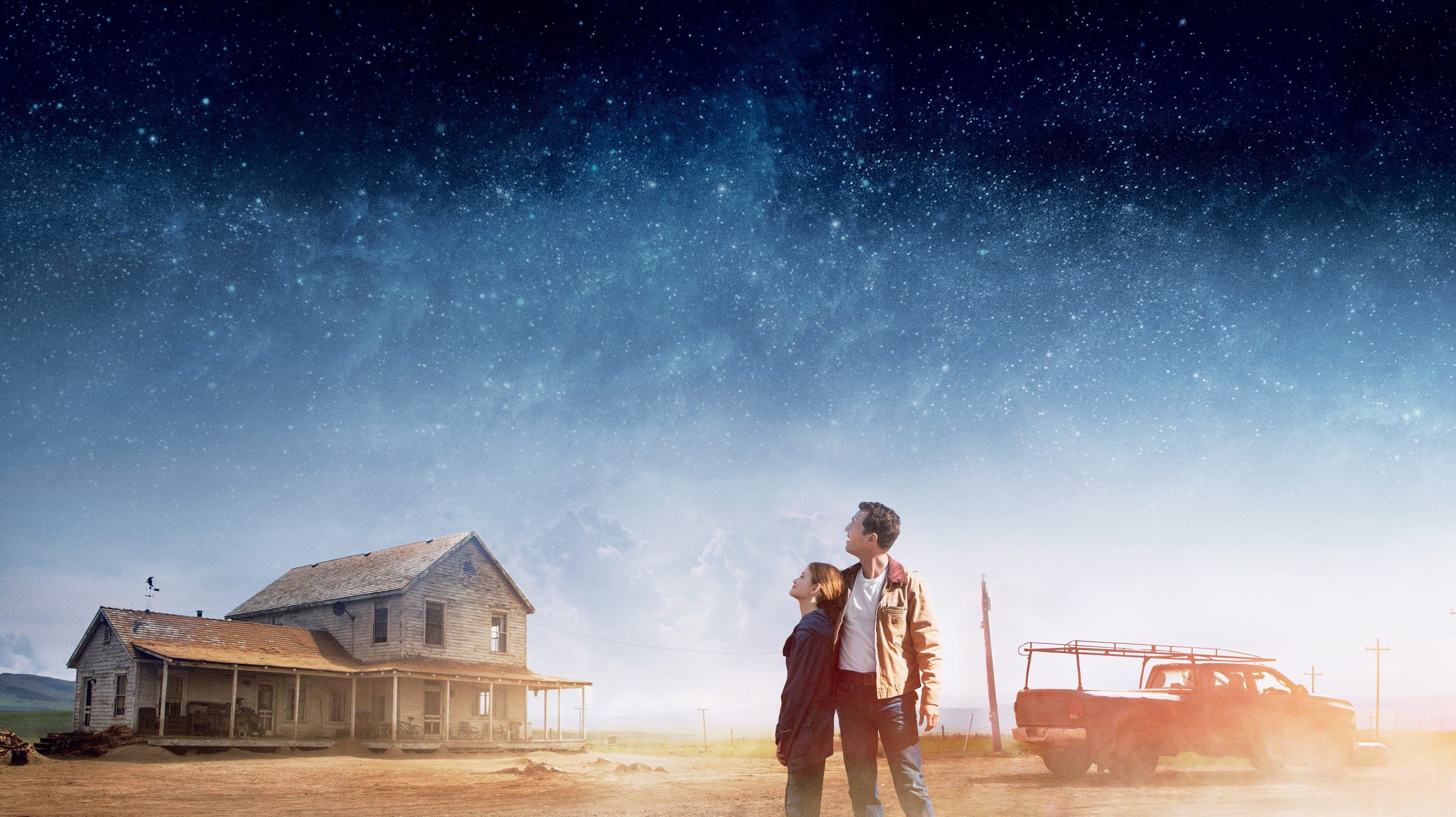After that disturbing journey into space that was “High Life”, French director Claire Denis returns to familiar surroundings with “Fuoco”which reaches commercial theaters after winning the Silver Bear for Best Direction at the last 72nd edition of the Berlin Film Festival and being seen in the Perlas section of the 70th San Sebastian Film Festival. A fascinating love triangle in which Juliette Binoche lives a real and fiery odyssey of feelings where you see the decisions and immaturity of a middle-aged woman.

“Fire” adapts the novel “Un tournant de la vie”, written by Christine Angot, who also participated in the script of this film adaptation. Despite the Spanish title, the director defended it, despite the fact that it was originally titled in French “Avec amour etacharnement (with love and determination, in Spanish)”; It was its English title, ‘Both Sides of the Blade (The two sides of the edge, translated)’, the closest to the spirit of the film. And, of course, he’s not wrong, because the film is a dangerous game of cat and mouse, in which Sara, her protagonist, plays both sides of her love affair, with a man she has been with for more than 10 years; with her old love of youth, which she left for her current mate.
the novel was a testimony on the consequences of indecision and, in a certain way, a defense for having made the mistake of wanting to be carried away by instincts at a certain age. ‘Fuego’ follows that spirit with certain self-destructive nuances, in which ambivalent sentimental ties are perceived, in which it is understood that behind that apparent love stability are hidden a series of grudges that resurface when the protagonist’s former lover bursts onto the scene.

This reunion favors the reappearance of passions that seemed asleep, honoring the famous proverb “where there was fire, the embers remain”; whose reference is understood in the title in Spanish. However, Denis also shows the consequences of idealizing the feelings of the past and how reliving them does not even guarantee the recovery of that lost satisfaction. In the midst of those sentimental dilemmas, there is a charming protagonist, played by Juliette Binoche, with whom the personal contrast of a professional is also shown who, apparently, symbolizes the full emancipation of women.
The adrenaline of adventure against the fatigue of routine
Sara is a journalist and works at Radio France, the French public radio, whose emblematic headquarters in Paris has become an architectural icon and also an icon of press freedom. The announcer has a program in which she interviews public figures who denounce the inequality that exists in the world, talking about issues related to feminism or racism. Her social commitment as a communicator contrasts with a love life in which she is prey to unedifying emotional ties and in a love triangle that could very well be classified as a vicious circle. It also doesn’t help that her two lovers are men whose intellectual level doesn’t match hers.

In that royal portrait, Denis exhibits a tremendously bitter love story, which can be interpreted as a portrait of how a woman’s independence and autonomy can be reduced in certain areas of her life and how romantic relationships continue to be that ground to be conquered. However, she does not make an activist statement, since her protagonist ends up being tremendously unpleasant due to her attitude, which paradoxically transforms her into a tremendously human character, who is not to be appreciated, but simply is.
Although ‘Fire’ has secondary plots, such as the one linked to the son of Sara’s partner, played by an always sublime Vincent Lindon, the film knows how to focus the story on the contradictions of an uncomfortable and indecisive protagonist, who ends up paying dearly for her hesitation. Denis and Angot still triumph with a joint proposal, in which they once again underline the emptiness of the bourgeois compromise. ‘Fuego’ is, without a doubt, a clear heir to ‘Un sol interior’, in which Binoche was already playing at being a completely immature mature woman. A charming female portrait that hypnotizes thanks to the fact that she never tries to please or please. The director once again demonstrates her ability to create uncomfortable situations from the most banal, Fascinating as well as disturbing.
Note: 8
The best: The interpretation of Juliette Binoche, the cryptic critique of the Parisian bourgeoisie and its apparent social commitment.
Worse: Its protagonist ends up being more irritating than that of ‘Un sol interior’, which means that those looking for a more conventional proposal will not like it.
Source: E Cartelera
Elizabeth Cabrera is an author and journalist who writes for The Fashion Vibes. With a talent for staying up-to-date on the latest news and trends, Elizabeth is dedicated to delivering informative and engaging articles that keep readers informed on the latest developments.




